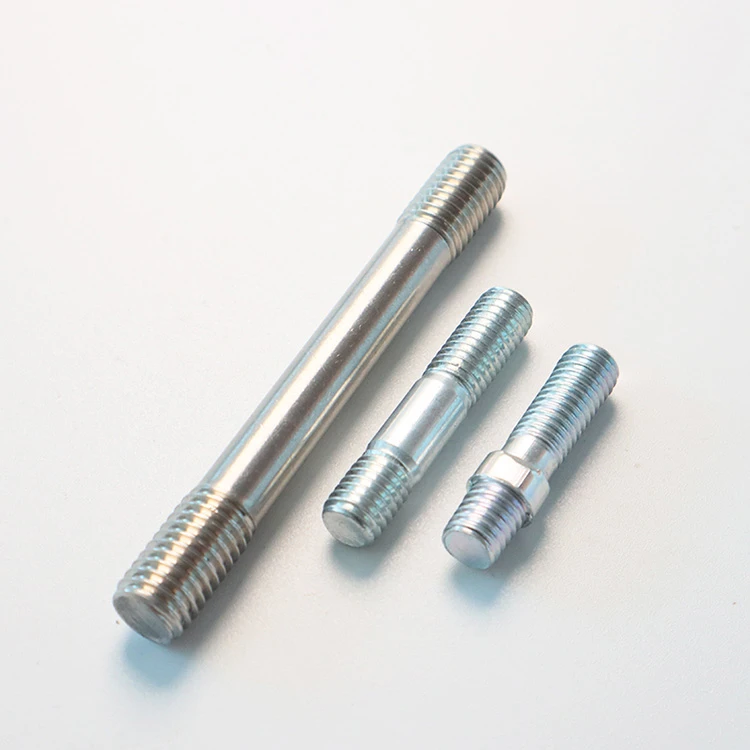Stud bolts are an essential component in various engineering applications. They are threaded fasteners that have threads on both ends, allowing for secure and stable connections.
One of the key features of stud bolts is their ability to withstand high tensile and compressive forces. This makes them ideal for use in machinery, construction, and automotive industries, where components need to be held together tightly under demanding conditions.

In industrial settings, stud bolts are often used to assemble large structures such as pressure vessels, pipelines, and engine blocks. Their precise threading and dimensions ensure a proper fit and tight seal, preventing leaks and ensuring the safety and reliability of the entire system.
The quality and material of stud bolts are crucial. High-quality alloys and heat treatments are employed to enhance their strength and durability. Different grades of stud bolts are available to meet specific requirements based on the application and the environment in which they will operate.
Regular inspection and maintenance of stud bolts are necessary to detect any signs of wear, corrosion, or damage. This helps to avoid potential failures and ensures the continued smooth operation of the equipment or structure.
In conclusion, stud bolts play a vital role in engineering, providing strong and reliable connections that are essential for the functionality and safety of numerous mechanical and structural systems.